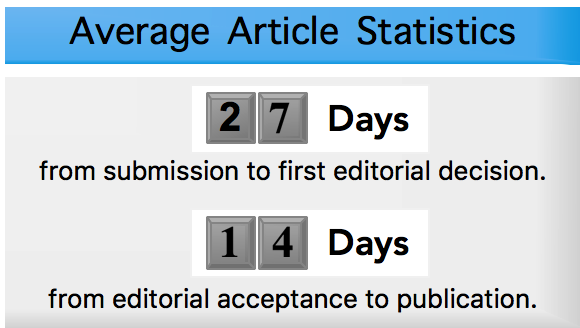Downloads
Abstract
Infection with Helicobacter pylori (H. pylori) is the strongest known risk factor for gastric cancer. The molecular mechanisms of H. pylori-associated gastric carcinogenesis remain not elucidated. Recent findings indicate that H. pylori infection may promote gastric carcinogenesis by inducing inflammation and genetic instability in gastric epithelial cells. In addition, it is shown that the impact of H. pylori on infected cells is associated with bacterial virulence that is diverse among geographical regions as well as populations. Therefore, we aimed to investigate the effect of H. pylori strain DN18 from Vietnamese subject on the in vitro activity of NF-κB transcription factor, a key regulator of inflammation, and expression of its target genes in this study. Moreover, host genomic instabilities were studied through examining the formation of DNA double-strand break (DSB) by using phosphorylated histone H2AX (γH2AX) as a DSB marker. Our results showed that H. pylori strain DN18 induced activation of NF-kB pathway and increased transcriptional expression of inflammatory mediators in human gastric mucosal cell AGS. We also provided evidence that the H. pylori infection triggered accumulation of DSBs marker γH2AX. In summary, our study showed the potential ability to cause inflammation and DNA damage to infected cells of H. pylori strains isolated from Vietnamese patients.
Issue: Vol 4 No 2 (2020)
Page No.: 547-555
Published: Jun 15, 2020
Section: Original Research
DOI: https://doi.org/10.32508/stdjns.v4i2.898
Funding data
-
National Foundation for Science and Technology Development
Grant numbers 108.01-2018.17 -
University of Science Ho Chi Minh City
Grant numbers T2018-21
Download PDF = 709 times
Total = 709 times

 Open Access
Open Access 








